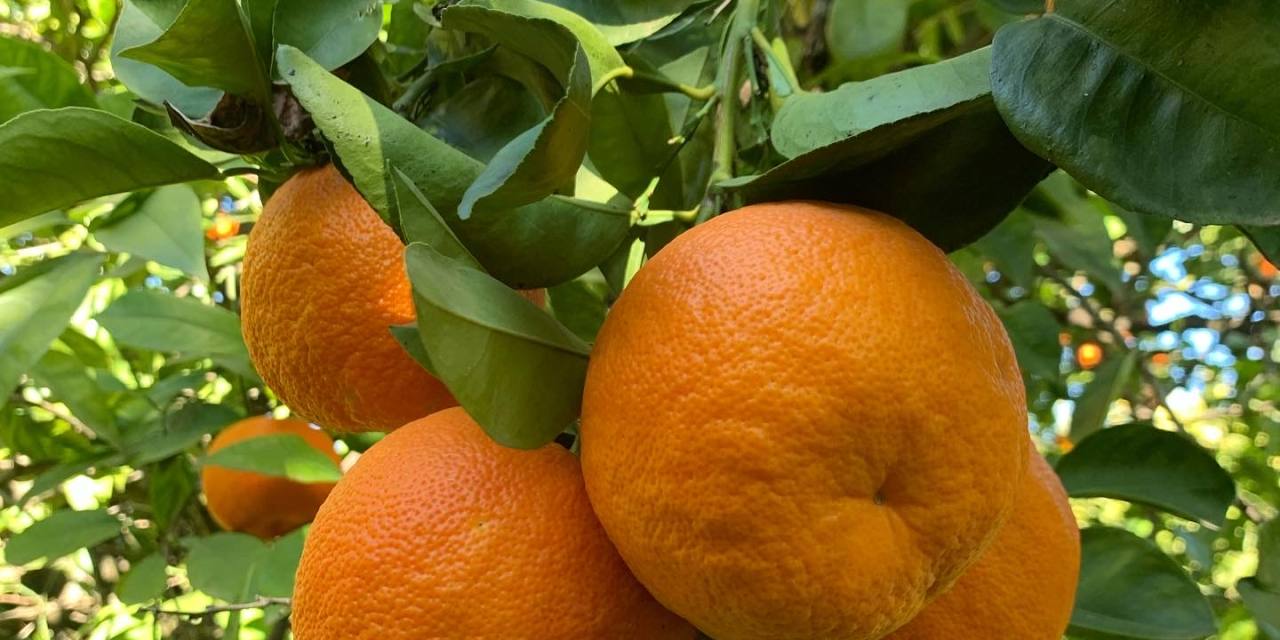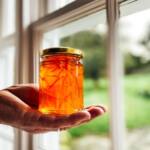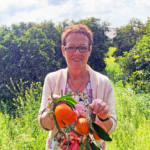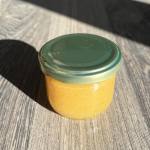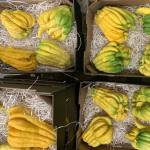Seville Oranges. Bitter-sweet pleasure
One of Seville’s most amazing attractions can be enjoyed free of charge as you walk the streets: more than 40,000 bitter orange trees that decorate the “calles” and infuse this charming city with the heavenly scent of their blossoms every spring. In fact, these ornamental, bitter orange trees outnumber every other species of tree in the city of Seville. They have become emblematic of this southern capital city and their fruits have even become known throughout the World as “Seville Oranges”
The orange tree and its blossom were praised by Moorish poets during Spain’s Islamic history and its bitter variety has graced the streets of Seville as long as anyone remembers. Possibly it was chosen not only for its pungent fragrance, but also because it stays nice and green year round, providing shade in summer and thick swashes of lush green to line the streets in winter.
Bitter Oranges
Newcomers to Seville often gaze in dismay at oranges lying in the streets just waiting to be swept away by municipal street cleaners. Doesn’t anyone want those lovely fruits? In fact the fruit of the Citrus aurantium is so bitter you wouldn’t want to eat it fresh. However, the fruit – along with the leaves and flowers – do have their uses.
Bitter oranges are perfect for making marmalade because they have higher pectin content than sweet oranges. The fruits of the Seville Orange, therefore, probably lie in the street mainly because locals are just too busy to put on their aprons and whip out pots of fresh marmalade.

The flowers of the bitter orange tree are used to produce essences for aromatherapy and the leaves have long been used for medicinal purposes. In fact they were first used in Asia where the plan originates. In Chinese medicine herbal preparations made from bitter orange leaves and fruit rinds were used to treat intestinal problems, including constipation.
Today extracts from the bitter orange tree are often used in diet products as it is believed to increase weight loss. However, safety and effectiveness has not been proven and both conventional and alternative medical sources advise caution when using products made with concentrated bitter orange extract as it can increase blood pressure, negatively affect the heart and possibly lead to numerous other side effects – especially in children (which is also why it is not recommended for pregnant or nursing women).
Bitter Orange Cousins
Curiously perhaps, the Seville Orange’s cousin, a close variety of bitter orange, is the Bergamot Orange which is cultivated in Italy and used to flavour Earl Gray tea.
You’ll have to take a trip to Italy to get your stash of Bergamot oil, but while here in Spain, you might decide to try your hand at making marmalade.
From: http://www.andalucia.com/gastronomy/oranges/seville.htm

